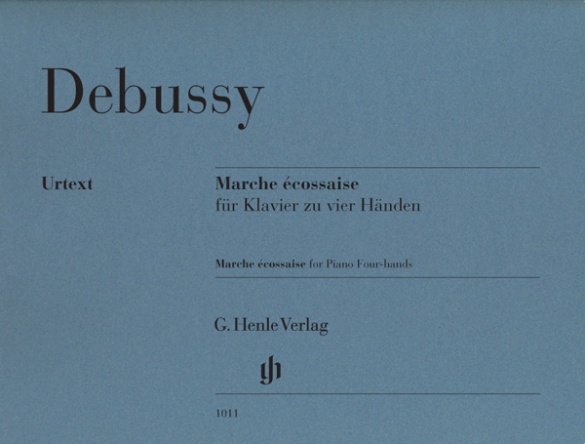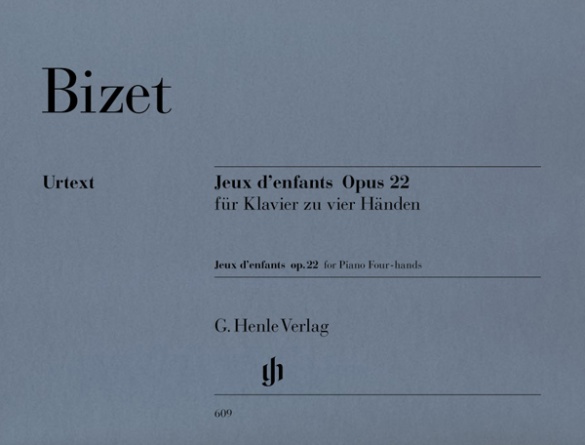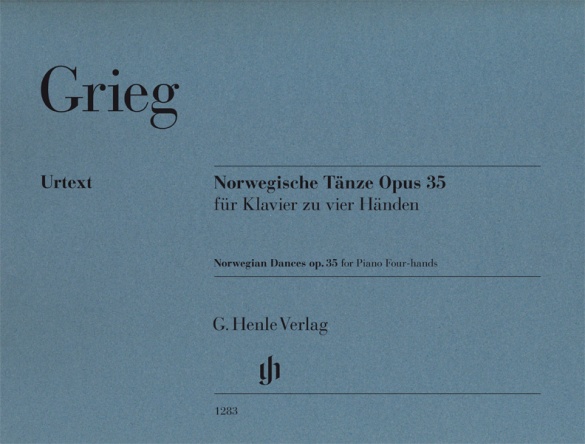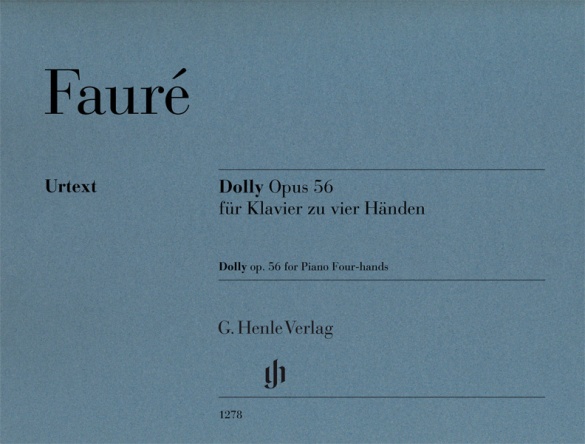

Gabriel Fauré
Dolly op. 56, for Piano Four-hands
The six pieces in this little suite were written between 1893 and 1896. They were inspired by Hélène Bardac, the daughter of a singer with whom he was friends. The girl was born in 1892 and called “Dolly” on account of her small, delicate figure. The pieces, composed mainly for her birthday or the New Year, reflect the world as experienced by the growing child, from a lullaby to a temperamental dance. But it was not meant to be taken too seriously, as shown by the subtle allusions to his own music and that of others. Despite their simple basic structure these pieces, which soon became popular, contain numerous harmonic and rhythmic subtleties typical of the French composer – “children’s music” that is also well suited to adults.
Content/Details
About the Composer
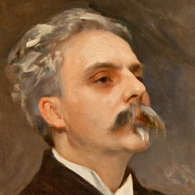
Gabriel Fauré
Representative exponent of French music around 1900. His creative work is centered around the art song, piano music (nocturnes, barcarolles, impromptus, valse-caprice), and chamber music – alongside other genres.
| 1845 | Born in Pamiers (Ariège) on May 12, the son of a primary school teacher. |
| 1854–65 | Attends the École de musique classique et religieuse (founded by L. Niedermeyer), where liturgical musicians were educated; lessons with Saint-Saëns (from 1861). |
| 1866–70 | Organist at the church of Saint-Sauveur in Rennes. |
| 1871 | After occupying various organist positions in Paris, he becomes assistant organist to Saint-Saëns at Saint-Sulpice. He numbers among the founding members of the Société nationale de musique. Performances of his works in their concerts. |
| 1874 | Premiere of his “Suite d’orchestre” in F major (“Symphony No. 1”), which is a compilation of existing pieces. |
| 1875/76 | Violin Sonata No. 1 in A major, Op. 13. |
| 1876–79 | Piano Quartet No. 1 in C minor, Op. 15 |
| 1877 | Maître de chapelle at Paris’s Église de la Madeleine. |
| 1876/78 | Premiere of his choral work “Les Djinns,” Op. 12. |
| from 1879 | Attends performances of Wagner’s music; in his own compositions he distances himself from Wagner. |
| 1885 | Premiere of his Symphony No. 2 in D minor, later destroyed. |
| 1887/88 | Requiem, Op. 48. |
| 1891 | “Cinq Mélodies ‘de Venise’,” Op. 58, on texts by Verlaine. |
| 1892–94 | “La bonne chanson,” Op. 61, on texts by Verlaine. |
| 1896 | Successor to Dubois at the Madeleine. He conducts a composition class at the Paris Conservatoire. |
| 1900 | Premiere of the tragédie lyrique “Prométhée,” Op. 82. |
| 1905–20 | Director of the Conservatoire. |
| 1909 | President of the Société musicale indépendante. |
| 1913 | Premiere in Monte Carlo of his opera “Pénélope.” |
| 1919 | Song cycle, “Mirages,” Op. 113, with clear features of his modernist late style. |
| 1924 | Death in Paris on November 4. |
About the Authors
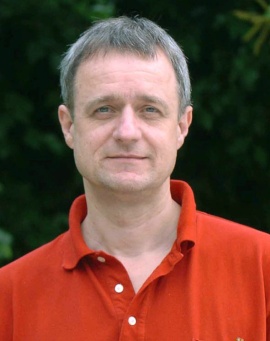
Andreas Groethuysen (Fingering)
Prof. Andreas Groethuysen, born in 1956 in Munich, studied music with Ludwig Hoffmann in Munich and, on a scholarship from the “Studienstiftung des Deutschen Volkes”, with Peter Feuchtwanger in London.
After several years as a soloist, Groethuysen formed a piano duo with Yaara Tal, which has now become the focus of his artistic work. The duo regularly performs in many European countries, in Israel, China, North and South America. In exclusive cooperation with SONY CLASSICAL the internationally acclaimed piano duo has released a great many CDs – 28 to date – almost all of which have been awarded prizes.
Product Safety Informations (GPSR)

G. Henle Verlag
Here you can find the information about the manufacturer of the product.G. Henle Verlag e.K.
Forstenrieder Allee 122
81476 München
Germany
info@henle.de
www.henle.com
De melodische wendingen en harmonische rijkdom in combinatie met de verassende modulaties en levendige ritmes maken deze stukken tot een aantrekkelijke suite voor pianisten van alle leeftijden en speelniveaus.
Pianist, 2018Le Pas espagnol ist zugleich die technisch anspruchvollste Komposition des ganzen Zyklus. Beide Parts sind gleichermaßen virtuos und erfordern schon ein recht hohes Maß an pianistischem Können. Für Kinderhände ist das sicher zu schwer. Alle anderen Stücke sind aber auch für kleine Pianisten machbar. Das Querformat der Ausgabe ist da ebenfalls von Vorteil. Die vorliegende Edition aus dem Hause Henle entspricht in allen Punkten den hohen Standards einer Urtext-Ausgabe.
Piano News, 2017recommendations
autogenerated_cross_selling
Further editions of this title
Further editions of this title


